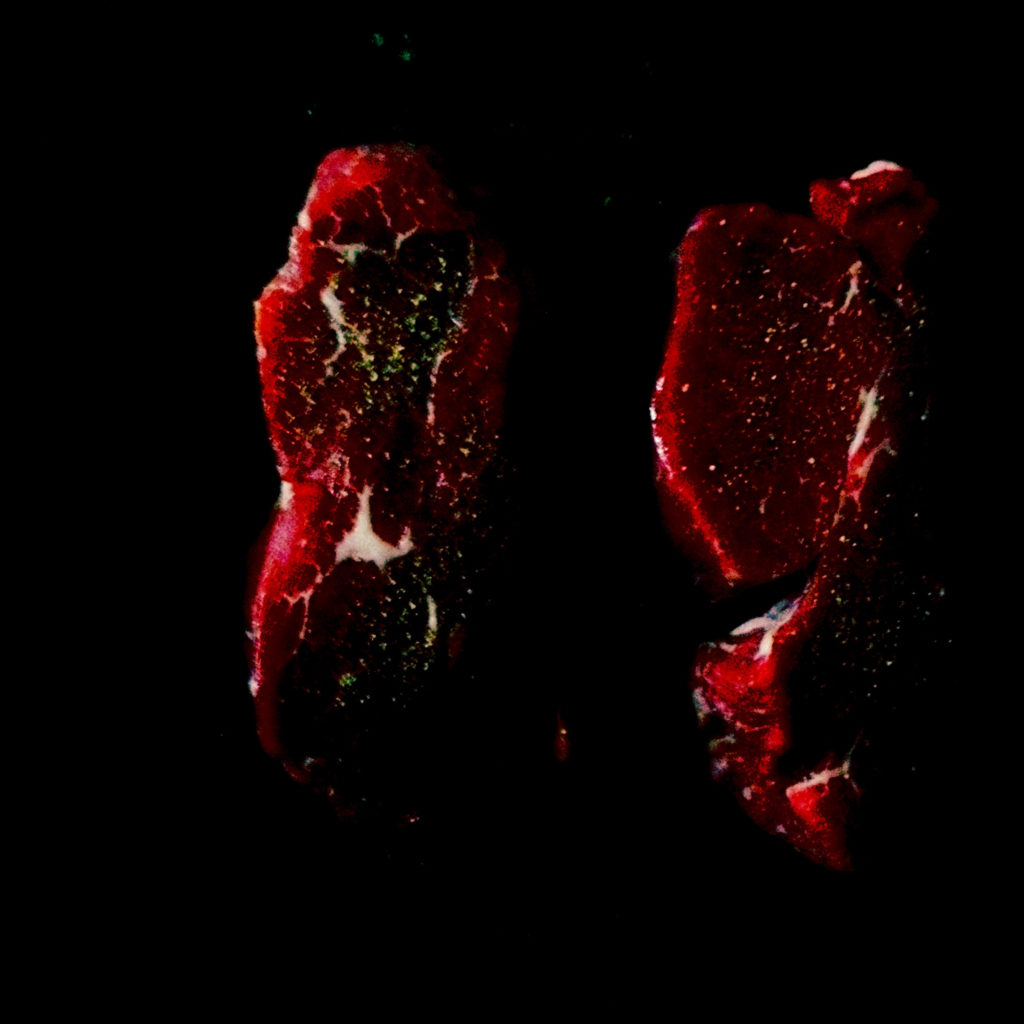Although it was once debated, most people now agree that athletes, strength athletes, in particular, need more protein than the average individual.
A recent meta-analysis of 49 studies/1863 participants showed that dietary protein supplementation significantly increased changes in 1RM and muscle size-muscle fiber cross-sectional area. In other words, both the strength and size of the muscle increased.
What seems to be unclear is exactly how much more protein you actually need.
THE ROLE OF PROTEIN
The primary role of protein is to build and repair cells. When you lift weights or do other forms of exercise, you’re creating tiny micro-tears in your muscles. Protein is made up of amino acids. Your body breaks down amino acids and uses them to repair the micro-tears.
SO HOW MUCH PROTEIN DO I NEED?
For decades bodybuilders have insisted that you need to consume 1 gram of protein/pound of body weight. Turns out, they weren’t that far off. Current research indicates that most strength athletes need somewhere between 1.3-1.8 grams of protein per kg of bodyweight.
So if you’re a 100kg/200-pound strength athlete, you should consume somewhere between 130-180 grams of protein/day to maximize muscle protein synthesis. However, if you’re trying to lose fat and are in a calorie deficit, your protein requirements might need to be as high as 2.0g/kg of bodyweight.
IS IT POSSIBLE TO EAT TOO MUCH PROTEIN?
Long-term, most people can safely consume 2g of protein/kg of body weight daily without any side effects. Elite athletes may be able to consume as much as 3.5g/kg. However, these numbers do not apply to people with liver or kidney conditions. Their numbers might be much lower.
Signs you might be eating too much protein:
- Intestinal discomfort
- Constipation
- Dehydration
- Irritability
- Headache
As is true with any dietary change, you should talk with your doctor before starting a high-protein diet.


